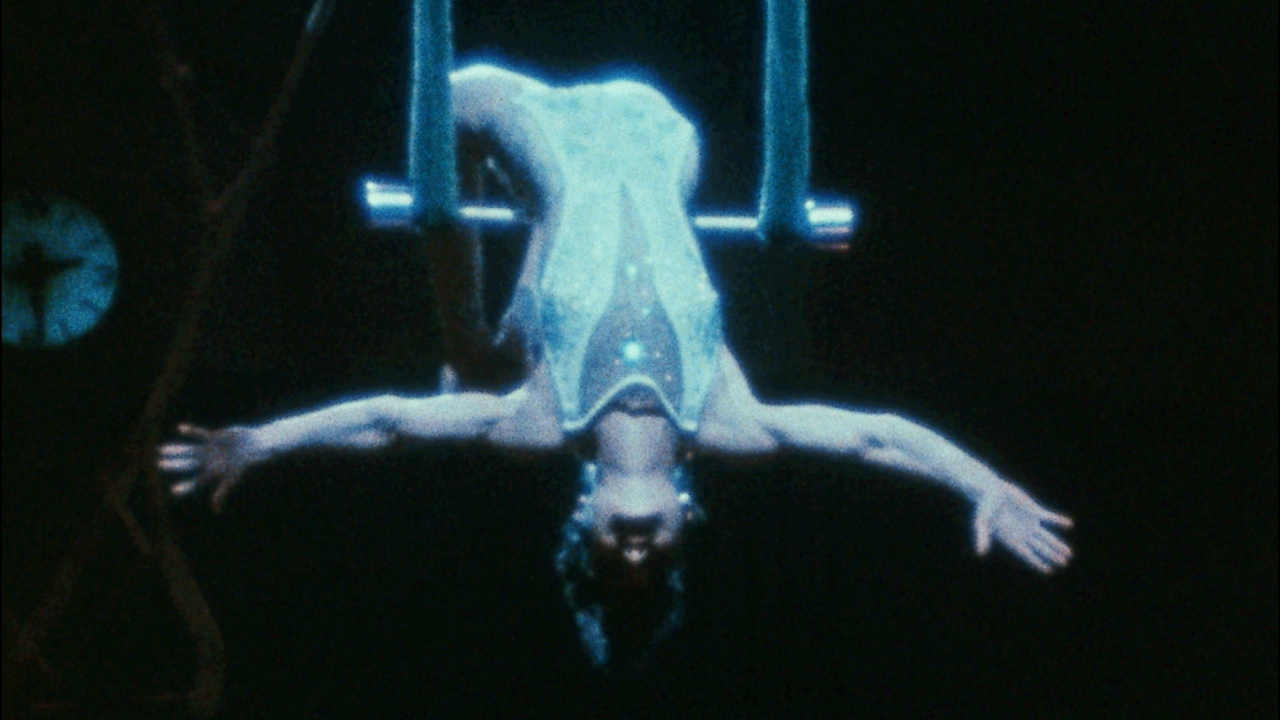Jonas Mekas/ William Klein Roma Plinio De Martiis

Retrospettiva su Jonas Mekas e mostra William Klein ROMA Plinio De Martiis.
Comunicato stampa
Images Are Real is a retrospective exhibition devoted to Jonas Mekas's 70-year activity within and beyond the history of avant-garde cinema. Featuring a selection of works from the 1950s to the late 2010s, the exhibition presents the practice of the Lithuanian-born artist as a Dantesque journey leading to happiness, from the infernos of history, through a daily exercise in filmmaking.
The work of Jonas Mekas (Biržai 1922–New York 2019) is a hymn to life as it unfolds. In the artist's films the camera becomes a diary in which personal fragments of intensity are recorded. Each moment is rendered in a non-narrative montage that parallels the language of poetry. Raised in the village of Semeniškiai, Mekas experienced the hell of World War II in his early twenties. In 1944 he was confined by the Nazis to the Elmshorn labor camp, only to be transferred to refugee camps over the four years following the end of the war.
This experience of subjugation resonates in The Brig, a film version of a performance by the Living Theatre that earned the artist a Grand Prize at the Venice Film Festival. In the exhibition, the work is associated with Purgatorio, a photographic series documenting the early years after the war, and Ein Märchen aus alten Zeiten, a video made during the collapse of the Twin Towers following the 9/11 terrorist attacks.
The diary-like cinema that Mekas championed is the culmination of a stoic exercise in attention to happy moments in daily life. The manifesto of this relentless search for paradise is Walden, the artist's first diary film, exceptionally presented here in the form of a two-screen installation. Having emigrated to the United States as a displaced person in 1949, after a few months Mekas bought his first Bolex camera. Shortly thereafter, the artist began a prolific activity as a film critic, founding Film Culture magazine and writing the Movie Journal column in the Village Voice. At the same time he made his first films, becoming the catalyst for a generation of filmmakers whom he brought together under the name New American Cinema Group and organised around the Filmmakers Cooperative and the Anthology Film Archives.
In a parade of portraits excerpted from the film Birth of a Nation, the result of research undertaken by the artist and continued by the curators, the exhibition testifies to the network that Mekas was able to weave around an idea of cinema pitted against Hollywood gigantism. A tireless traveller, the artist was able to transform his uprooting into cosmopolitism well before the advent of globalisation. This shines through in the film Travel Song, displayed in the form of a "quartet." In a spirit of perpetual avant-garde, Mekas' work cannot be confined to a single era, but evolves as the medium of the cinema evolved. A few months after YouTube was launched, the artist transferred his diary onto the Internet, grasping the future of moving images before many others. In 2007 he made 365 Day Project, a titanic film performance during which he produces and shares a video online for every day of the year.
The yardstick of Jonas Mekas' work is life itself, which flows to the rhythm of the camera. Life becomes image on the thirty-two glass windows of In an Instant It All Came Back to Me, a monumental work consisting of 768 stills taken from the artist's archive. Image after image, an entire existence unfolds before our eyes. The life of a Lithuanian refugee who changed the history of cinema.
Images Are Real is part of Jonas Mekas 100!, the international programme celebrating the 100th anniversary of the Lithuanian filmmaker’s birth. Promoted by Roma Culture and the Azienda Speciale Palaexpo in partnership with the Lithuanian Culture Institute, the exhibition is curated by Francesco Urbano Ragazzi, who has worked with Mekas on numerous projects in Venice, New York, Seoul and Reykjavík. The catalogue of the show is published by CURA.



